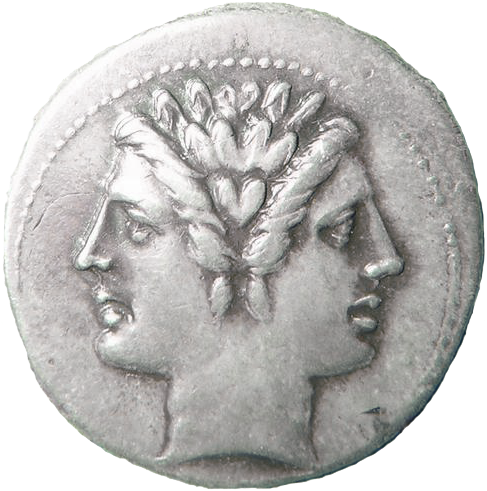The recent spate of sex scandals in the U.S. involving celebrities and politicians differ in some respects from past scandals, but they share the same the same root cause: our failure to listen to Jesus.
Today's scandals tend to involve touching, speech, and "sexual harassment" along with abuse of power to gain sexual favors, whereas past scandals usually were the result of the physical act of adultery and also the abuse of power in a relationship.
"Touching" is used as a way of testing the receptiveness of a potential mate. Back in the 1960's there was a hit song by the Beatles, "I wanna hold your hand" which shows one way of initiating touch, and that is by asking first. About that time, I had a friend in my Christian school who was very "touchy" with girls. He would put his arm around a girl without asking. His behavior stood out as atypical among his peers (teenage boys) and was not always welcomed by girls, but it was welcomed often enough to encourage the behavior.
"Speech" had certain norms back then as well. It was presumed that boys would be the ones to telephone the girls and also be the ones to initiate physical contact and not the other way around. That was also a time when boys talked a lot about "getting to first base" and beyond in what is now frowned upon and referred to as "locker room talk".
"Sexual harassment" is a newer concept and it is becoming so hard to define as it encompasses more and more variations that one has to conclude that like beauty, it is in the eyes of the beholder. In other words, each generation makes it up as they go because they do not hold to a higher, absolute moral standard.
"Power", in my youth, was exerted by parents, adults, teachers, the Headmaster, and the Assistant Headmaster. We all heard the rumors of what happened to young boys in the Assistant Headmaster's office.
Since the sexual revolution, things have changed. As far as speech and touch go, it is now not uncommon for teenage girls to be the first to call boys on their phones and even to send nude photos of themselves via "sexting". Abuse of power has been stood on its head as female teachers are caught seducing teenage boys with increasing frequency. Sexual harassment, while it no doubt existed in the past has only recently come into the lexicon and, as I mentioned earlier, is hard to define exactly.
Or have things changed?
Remember my friend from school? His younger sister, along with another girl, once pulled a shy young boy into the girl's restroom and pulled down his pants in what was the big scandal of the Eighth Grade.
Adults were expected to behave differently from young teens, but the idea of the "Playboy" and the "Playmate" introduced by Hugh Hefner showed that you didn't have to grow out of childish behaviors. It should be obvious that those behaviors may persist into adulthood, particularly if they prove successful in the mating game.
On a number of occasions, I have observed elderly men trying to grope nurses who were trying to start intravenous lines in their arms. When discussing this issue with the nurses, I had to conclude that the behavior, while unacceptable, "Must have worked for them at least once".
Not only do helpless frail old men do it, but people in positions of power are most prone to use their status when attempting to make "first contact". We can learn from the Bible that the abuse of power in this way is displeasing to God and results in great harm not just to individuals but to entire peoples, especially when sex is involved. Remember the sin of David and Bathsheba? How about the sin of Lot's daughters?
So maybe things haven't changed in that while the human sex drive is the same, the rules governing its expression keep changing because people have tossed out the rules laid down in the Bible. Society has made its own bed, and now we have to lie in it.
Our society's response to the current sex scandals is like that of a post sexual-revolutionary mob, a mob that has rejected Jesus as its guide, a mob that glorifies sex for fun, and a mob that, without guiding principles, can only cause more destruction. So all we can expect from the revolutionaries are the confused and logically inconsistent responses to today's scandals and lame suggestions on how to stop them that we get from the mainstream news media and the worldly pundits as they dare not speak one word about what the Bible has to say on the subject.
We need to teach our children, our friends, and the powerful to love God and others as ourselves just as God's Commandments and as Jesus taught.
Today's celebrities and politicians should also not forget that the commandments about lust and adultery are still in there.
They need to be taught that Jesus said that adultery is more than just a physical act, something that former President Clinton erased from our cultural heritage with just a few words, "I did not have sex with that woman."
The old joke goes like this,
The Hebrews sent someone up the mountain to check on Moses and to find out about how the negotiations with God over the Commandments were going. Moses told him, "Tell the people that I have some good news and some bad news. The good news is that I've got Him talked down to ten. The bad news is that the one about adultery is still in there."







